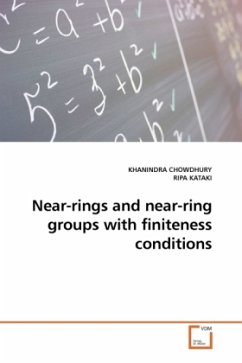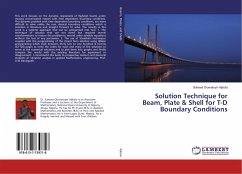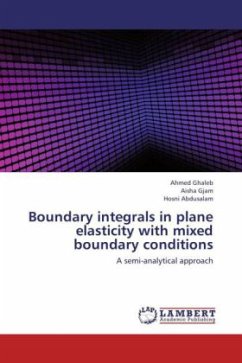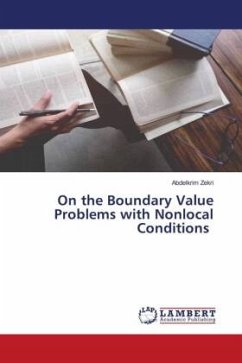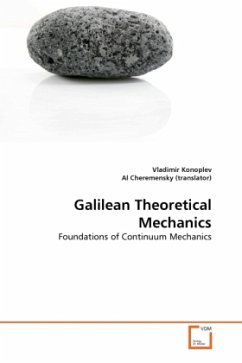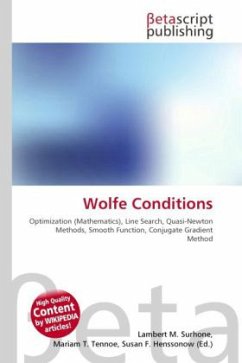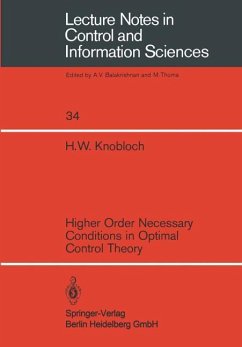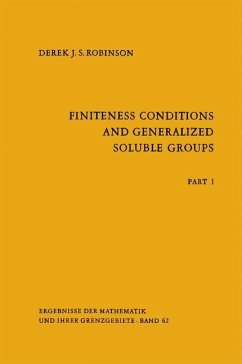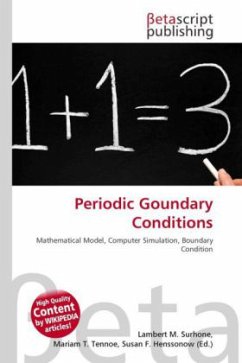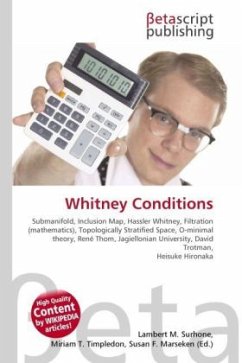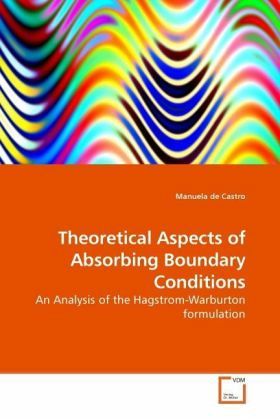
Theoretical Aspects of Absorbing Boundary Conditions
An Analysis of the Hagstrom-Warburton formulation
Versandkostenfrei!
Versandfertig in 6-10 Tagen
32,99 €
inkl. MwSt.

PAYBACK Punkte
16 °P sammeln!
We study theoretical aspects of the Hagstrom-Warburton (H-W) ABC for time domain simulations of wave propagation on unbounded spatial domains. Here we investigate the H-W ABC applied to an artificial half-plane boundary, considering the basic models in wave propagation: the wave equation and first-order systems. The Hagstrom-Warburton formulation is an improved, equivalent version of the well known Higdon formulation. For the wave equation, much of the theory on the Higdon's BC is well known, and here we collect results concerning well-posedness and convergence of such BCs. A main issue is how...
We study theoretical aspects of the Hagstrom-Warburton (H-W) ABC for time domain simulations of wave propagation on unbounded spatial domains. Here we investigate the H-W ABC applied to an artificial half-plane boundary, considering the basic models in wave propagation: the wave equation and first-order systems. The Hagstrom-Warburton formulation is an improved, equivalent version of the well known Higdon formulation. For the wave equation, much of the theory on the Higdon's BC is well known, and here we collect results concerning well-posedness and convergence of such BCs. A main issue is how to minimize the error through optimal parameter selection. We present some theoretical results as well as computational tests addressing this problem. Concerning first-order systems, we present a general outline of the theory concerning well-posedness, convergence and parameter selection. When considering Maxwell's equations, we were able to demonstrate strong well-posedness, convergence and some suggestive results on parameter selection.



